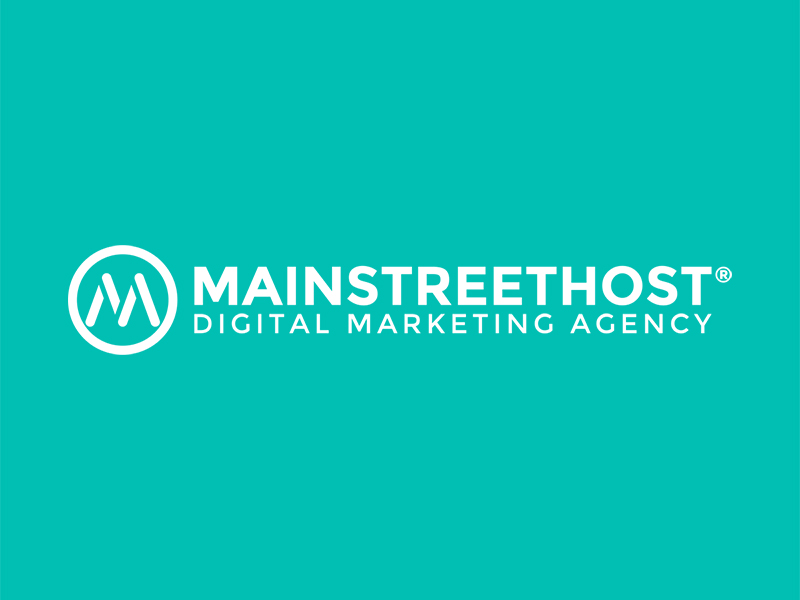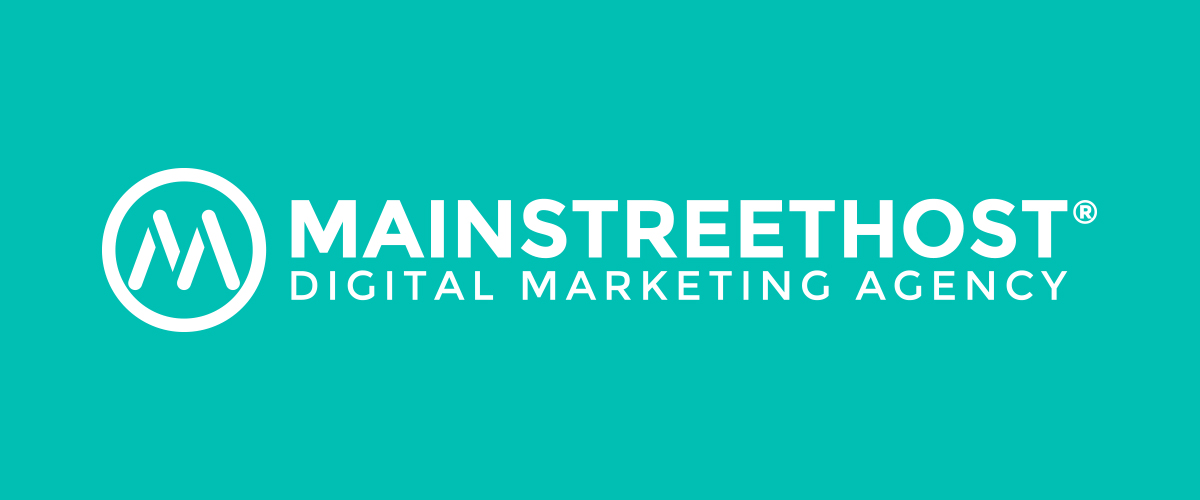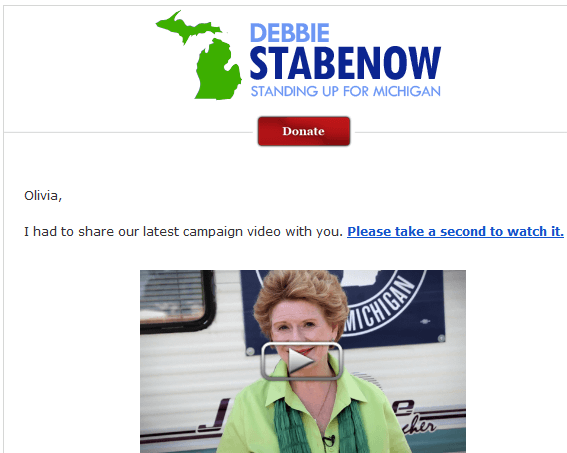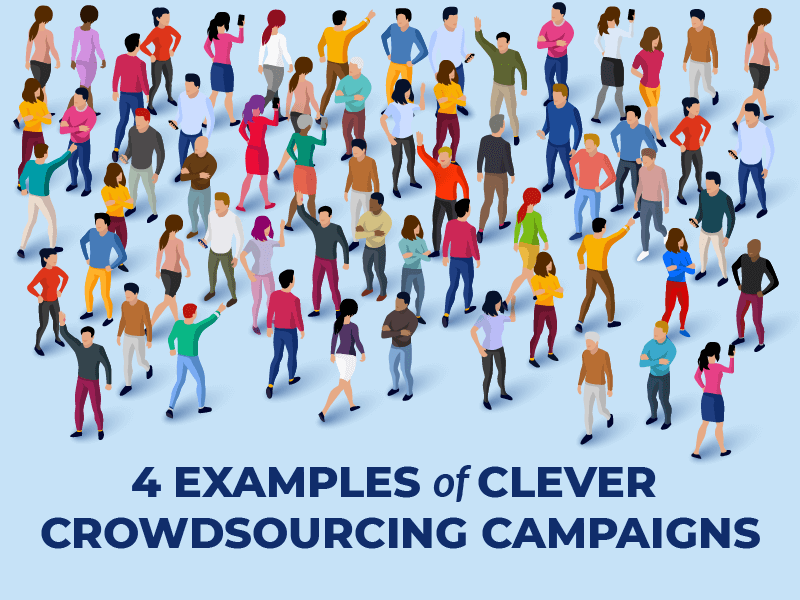I committed a serious faux pas yesterday by willingly giving my money to the coffee chain that is Starbucks. I would much rather buy a coffee at a local coffee shop, where the money I spend stays in my community, but I was in a time crunch, so I shelled out something like $2.38 for a tall iced coffee at the place that seems to have engulfed the entire world by making the process of ordering a caffeinated beverage simultaneously exotic and confusing. (My mom refuses to speak the Starbucks lingo, and insists upon ordering a “medium iced vanilla latte” rather than a “grande”. It’s her own personal form of protest against the “elitist” coffee culture of Starbucks. I don’t think the baristas like her.)
For those of you who don’t frequent Starbucks (I applaud you. You’re stronger than I am.), whenever you order a drink, the barista writes your first name on your cup. It’s an obvious marketing ploy designed to give coffee drinkers a personalized experience. The problem is baristas usually spell people’s names wrong, and when I’m trying to make a quick stop for coffee in the morning, I don’t want to take the time to tell someone how to spell my name. A lot can be said for instilling a feeling of familiarity in customers, but I don’t think it’s necessary at Starbucks. It feels superficial, phony, and inauthentic.
Starbucks and the World
The attempt to give people personalized experiences is not unique unto Starbucks. Personalized marketing is alive and well. Marketers and advertisers try to target people by appealing to their unique needs and desires. Netflix does this. Genius on iTunes does this. I think there are pros and cons to offering people a tailor-made, individualized experience, and my Starbucks experience inspired me to conduct an in-depth investigation on personalized marketing: who’s using it and whether or not it’s successful.
Take It Personally
HubSpot recently posted on personalized marketing and said this:
Never forget that the key to great marketing is having an in-depth understanding of users. No matter how much technology changes, that never does.
Marketers have been offering consumers individual, custom-made, and relevant products and experiences for decades. The only thing that has changed is the means through which consumers receive these offers. Once upon a time, personalized experiences came primarily through the mail.
Now, personalization comes in many forms. Some marketers use what I think are “softer” tactics, such as trying to capture people’s attention by using their first names in emails.
This is a simple tactic, but it’s smart. Names are the most integral and fundamental part of our identity, so when someone addresses me by my first name, I feel more like an individual and less like just a face in the crowd. Also, emails that are personally addressed to me don’t feel as generic. Last month, I listened in on a webinar featuring Dan Zarrella, who reported that when emails use people’s first names, they receive higher click-through rates. Perhaps people want to feel like others are talking directly to them (even when they’re really not); maybe they appreciate those personable, amiable greetings when so much of our inboxes are filled with a mass of impersonal emails.
Social media sites also use personalized marketing strategies. They try to appeal to my unique tastes and interests. They try to give me a customized experience. I have the option of using “tailored Trends” on Twitter, just in case those trending topics devoted to the ardent worship of Demi Lovato, One Direction, or the Biebs aren’t relevant to me. (They aren’t.)
On Facebook, sponsored stories targeted directly to my interests appear on the right-hand side of the page. I’ve been eyeing a pair of Tory Burch riding boots, so this morning, I saw this sponsored story.
I would characterize Facebook advertising as much more aggressive than the email marketing strategy of addressing me by name. With Facebook ads, people collect information on me, gather data on my likes and dislikes, and then serve up ads catered to my unique, individual tastes. Facebook’s sponsored stories are akin to the targeted ads that appear when I’m perusing various websites. I do a lot of online shopping, so advertisers have me down cold: ads for clothes and shoes are sprinkled throughout the sites I frequent.
I’m an Individual!
I think that all of these examples prove that there is a distinct move away from mass marketing towards personalized marketing. Marketers and advertisers, whether they’re sending me emails in an attempt to inspire me to donate to a political campaign or placing ads directly in front of me in an effort to encourage me to spend my most recent paycheck on clothes, want me to feel less like a part of the collective and more like an individual. They seek to make things relevant and personable for all of us. I was recently watching a Saturday Night Live clip on Hulu, and the ad that appeared asked me a simple yet telling question: “Is this ad relevant to you?”
I think this question serves as a perfect embodiment of the ubiquity of personalized marketing. (And as far as the ad itself, it featured guys playing Madden and crushing orange soda, so no, it wasn’t relevant. Though, it did have Paul Rudd in it, so I can’t complain too much.)
A Bitter Pill to Swallow
Let’s focus on the more aggressive form of personalized marketing: targeted ads. The rationale behind these marketing tactics seems pragmatic and logical: people are more likely to buy and/or use something if it’s relevant and molded to fit their specific interests and needs. Also, when a company knows what someone likes, there is a level of intimacy between the company and him/her that strengthens that brand-consumer connection. I also think that knowledge is the first step towards trust, and who wouldn’t buy something from someone whom they trust.
However, I firmly believe that customers are smart, so I think the question worth asking is: are ads ads regardless of whether they capture individual interests? Yes, those Tory Burch ads are more pertinent than those ads for sketchy weight-loss products that used to appear on my Facebook a few years ago, but I still know I’m being “targeted” (read: manipulated) by marketers. HubSpot’s post about personalized marketing said this:
Personalization convinces consumers that they are buying things thinking it’s their idea when, in fact, it’s not.
Does personalization really convince people? If an ad for Lilly Pulitzer summer dresses appears while I’m reading an article on a website, I know that the only reason I’m seeing this ad is because I previously purchased something from lillypulitzer.com, not because advertisers or marketers know so me well that they have the ability to introduce me to something brand new and novel about which I didn’t know. Advertisers take my already-established interests and then recycle them into the form of advertisements; there’s nothing original about this process and I know that. I think many people are cynical when it comes to marketing ploys and advertisements. Also, the American public seems fiercely protective of their right to privacy, and therefore they might resist the way in which targeted ads are generated. So, I wonder how successful personalization is. Ads can often be a bitter pill to swallow, so do targeted ads simply make the pill palatable, or do they do more than that? Do people have a favorable view of targeted ads and/or personalized marketing tactics? And, more importantly, do they work?
Evidence That Personalization Works
- Aaron Corson, VP of MarketPath, reveals in a presentation that personalization of marketing materials can increase response rates by 36%, response time by 34%, and repeat orders by 46%.
Evidence That Personalization Is Not Preferable
- As far as ads, Pew Research published in March 2012 suggests that people are not a fan of targeted ads: 68% of Internet users view online targeted advertising negatively; they’re averse to targeted ads because they don’t like having their online behavior tracked and analyzed.
- Pew also reports that the majority of every demographic group says they are averse to online targeted ads.
- Additional research also confirms that the majority of people are against targeted ads: 69% of American adults feel there should be a law that gives people the right to know everything that a website knows about them.
- This research also points out that 92% agree there should be a law that requires “websites and advertising companies to delete all stored information about an individual, if requested to do so”.
I think there is a fundamental problem when it comes to personalized ads: I think we would be hard pressed to find someone who doesn’t want to see ads that are relevant to them. Yet, people don’t like the Big Brother-esque way in which websites and ad companies gather personal information in order to generate these ads. To most people, it screams violation of privacy. People may like the end product, but they don’t like the process that produces this end product. This is an instance in which Machiavelli got it wrong: the ends don’t justify the means. I’m torn when it comes to targeted ads and personalized marketing. I like when things are relevant to me. If I have to watch an ad before an SNL clip, I would rather have the ad be related to an interest of mine. But, I’m still annoyed that I’m forced to watch an ad, and if the ads seem to know me a little too well, it feels eerily disconcerting, because I never explicitly turned over any personal information (only did I do this implicitly). People, including myself, want it both ways: we want relevancy, but we don’t want others keeping tabs on us.
Minority Report Is Now Real
Personalized marketing tactics and targeted ads won’t go anywhere soon, and I don’t think they necessarily should, because there are obvious pros, and some brands have become extremely popular simply because of their adeptness at crafting customized experiences for us (Pandora for one, though the difference here is that in this case, we willingly give information on our personal preferences).
Robert Hof mentions in Forbes that marketers and advertisers need to be transparent about the information they’re collecting, and I think they’re right.
However, moving towards transparency and away from the Big-Brother vibe doesn’t seem to be happening. Forbes just reported on companies that use facial detection technology to customize ads to people based on their features. In fact, according to Forbes, Immersive Labs developed software for digital billboards that can measure the age range, gender, and attention level of passerby and then determine an outdoor marketing campaign’s effectiveness. Kraft, Adidas, and Jello have all hopped aboard this bandwagon.
This sounds like something out of a sci-fi movie, as well as something that will have the contemporary Luddites amongst us up in arms.









